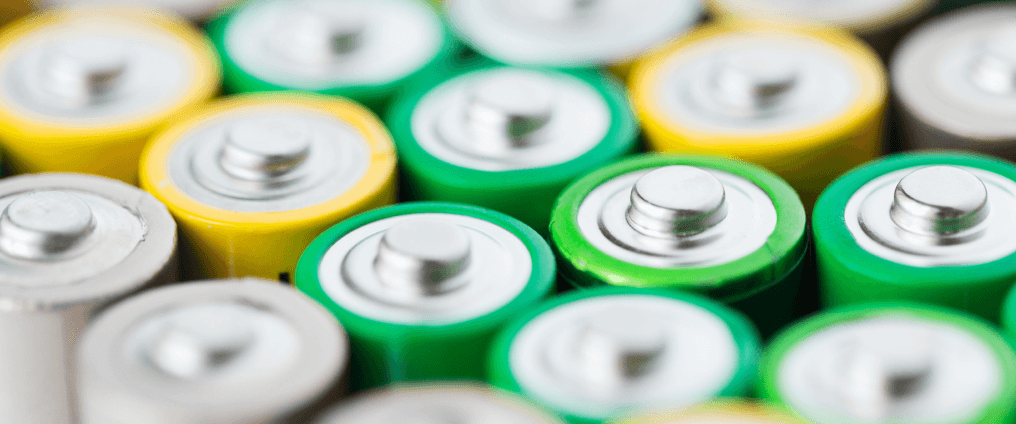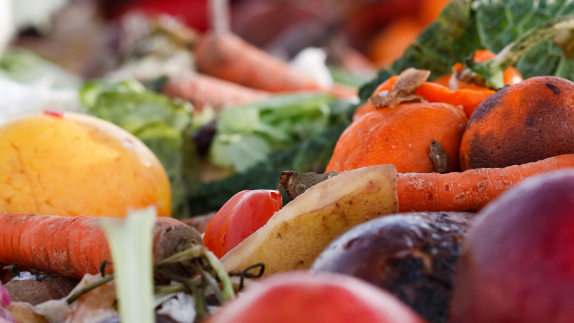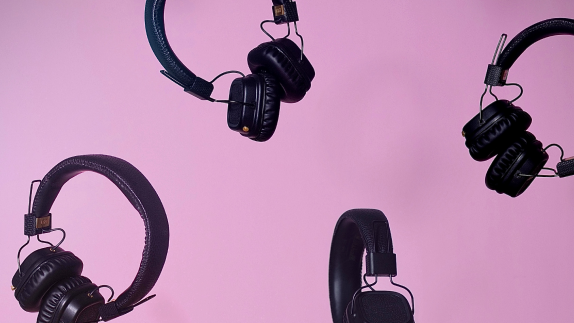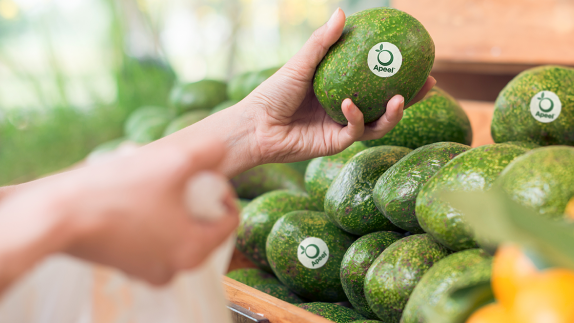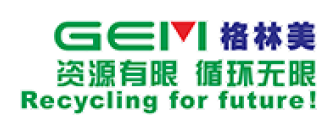
A GEM Co. Ltd (GEM) coleta e recicla metais preciosos e outros materiais valiosos de baterias e eletrônicos descartados.
“Os recursos são finitos, mas a reciclagem é infinita.” GEM
Por que é um exemplo de economia circular
A abordagem circular da GEM mantém os materiais em uso, evitando a criação de resíduos tóxicos, e conserva recursos valiosos.
O desafio das baterias de veículos elétricos usadas
A meta do governo chinês de aumentar o número de veículos elétricos (VEs) para cerca de 20% do mercado de automóveis até 2025 criou uma necessidade urgente de fornecer uma solução sustentável para as baterias usadas de VEs. A China já tem o maior mercado de veículos elétricos do mundo. Em 2019, havia mais de 2,5 milhões de VEs na China, em comparação com a UE e os EUA, que juntos tinham menos de um milhão. A primeira geração de VEs já atingiu o fim de sua vida útil. Estima-se que, até o final de 2020, a China produziu 240.000 toneladas de resíduos de baterias de veículos elétricos, um volume que deve dobrar até 2022.
O que a GEM recicla
A GEM opera em 16 centros industriais circulares usados para a reciclagem de baterias usadas, eletrônicos descartados e carros sucateados. A tecnologia da GEM permite a reciclagem de baterias de lítio descartadas de veículos elétricos, extraindo níquel, cobalto e outros recursos importantes, transformando-os em componentes usados por produtores de baterias como a Samsung SDI e a Ecopro Co Ltd.
A GEM é reconhecida internacionalmente por sua coleta e reciclagem de recursos:
baterias
cobalto, níquel, tungstênio e carboneto
eletrônicos
sucata de peças automotivas
resíduos e águas residuais
Reciclagem não é suficiente
A GEM está liderando o mercado de reciclagem de alta tecnologia na China. No entanto, embora a reciclagem seja vital, uma estratégia de maior conservação de valor se concentraria no estágio de design dos produtos eletrônicos para que os itens redundantes possam ser facilmente desmontados e reutilizados. Reconhecendo isso, o governo chinês está planejando definir padrões e regulamentações com base nos princípios da Responsabilidade Estendida do Produtor para ampliar ainda mais o setor. Empresas como a GEM podem desempenhar um papel importante, contribuindo com seu conhecimento e experiência em lidar com produtos em fim de vida útil.
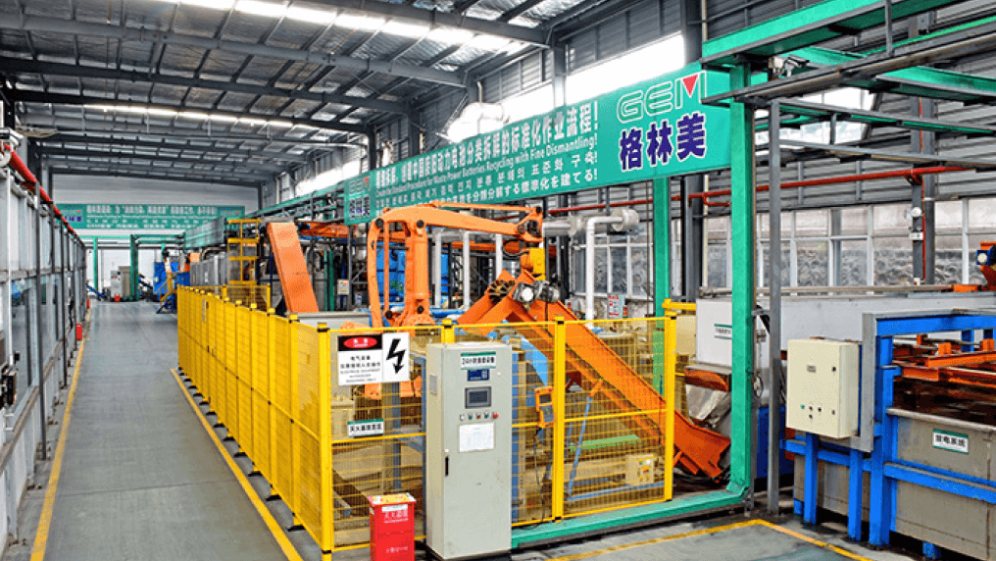
GEM em números
A GEM tem a maior capacidade de reciclagem de baterias usadas na China, processando mais de 10% do total de baterias usadas ou cerca de 300.000 toneladas de baterias usadas por ano.
A GEM estima que, de 2013 a 2019, reciclou 16 milhões de toneladas de lixo eletrônico.Isso equivale a uma redução de 52 milhões de toneladas de emissões de dióxido de carbono, uma redução de 400.000 quilômetros quadrados de poluição do solo e 590 bilhões de toneladas de poluição da água.
De acordo com a MarketsandMarkets, o mercado global de reciclagem de baterias de veículos elétricos está estimado em CNY 79,3 bilhões (US$ 12,2 bilhões) até 2025 e CNY 117,65 bilhões (US$ 18,1 bilhões) até 2030.
A GEM reciclou mais de 12.000 conjuntos de baterias de veículos elétricos no primeiro semestre de 2020.
A GEM agora tem acordos de coleta de baterias de veículos elétricos com mais de 280 empresas automobilísticas e fabricantes de baterias.
Os centros têm uma capacidade de processamento anual combinada de 1,2 milhão de toneladas de eletrodomésticos usados (15% do total da China), 30.000 toneladas de placas de circuito (20% do total da China) e 10.000 toneladas de resíduos plásticos, recuperando 5.000 toneladas de cobalto e 10.000 toneladas de níquel por ano.
